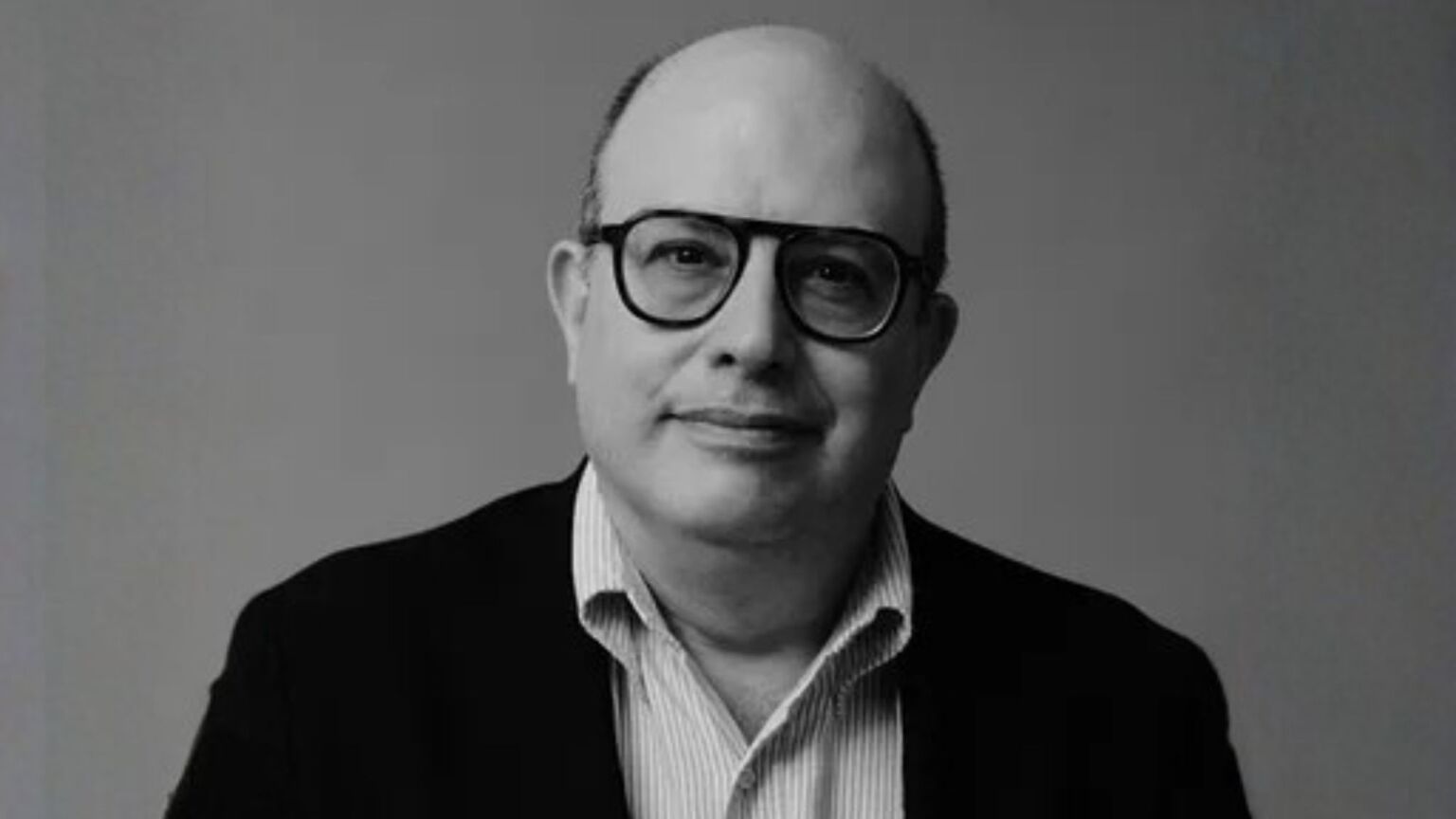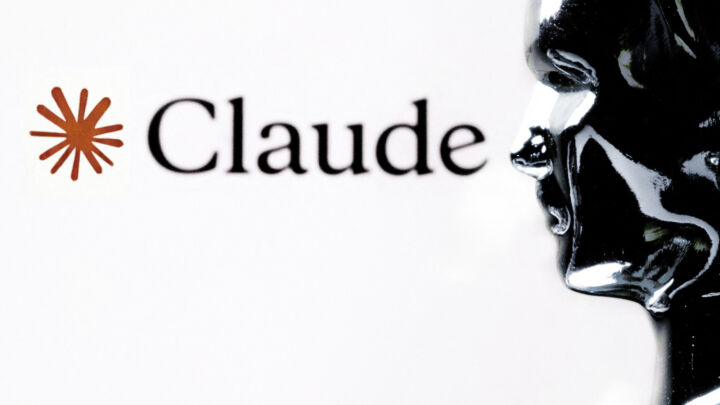‘Mamdani’s supporters are cosplay revolutionaries’
Eli Lake on New York’s mayor-elect and millennial ‘socialism’.

Want unlimited, ad-free access? Become a spiked supporter.
The victory of Zohran Mamdani in New York’s mayoral election was based on hardcore identity politics and undergraduate socialism. The hipster revolutionaries have officially progressed from the college campus to the corridors of power. But do they have any idea what they’re talking about?
Eli Lake – columnist at the Free Press and host of the Breaking History podcast – joined Brendan O’Neill on The Brendan O’Neill Show to discuss Mamdani’s rise and the phony radicalism infecting Western politics.
What follows is an edited extract from their conversation. You can watch the full thing here.
Brendan O’Neill: What do you make of New York City’s mayor-elect, Zohran Mamdani?
Eli Lake: I think Mamdani is a radical. He has said that he joined the Democratic Socialists of America (DSA) because it was the only political organisation that supported boycotting and sanctioning Israel. He won’t condemn the phrase ‘globalise the intifada’, which is a call for violence against Jews. He has met with a radical imam, who was a character witness for the Blind Sheikh, who was responsible for the 1993 World Trade Center bombing, and had his photograph taken with him.
Some count the fact that he’s going to retain a popular police commissioner named Jessica Tisch – a Jewish woman – as proof that he’s willing to budge on some issues. They also cite him refusing to conduct a ‘Zionist litmus test’ for those in his administration, implying he will have both Zionists and anti-Zionists surrounding him. But I wouldn’t necessarily call these concessions.
It’s possible that the DSA will just flame out – that it’s not prepared for political power and the compromises it requires. But another possibility is that, since so many prominent Democrats endorsed Mamdani, he will make the Democratic Party itself more radical. I think this second option is more likely.
O’Neill: Do you get the impression people really understand what socialism is these days?
Lake: The problem with the word socialism is that, historically, it has meant more than one thing. Che Guevara considered himself a socialist. But so did Martin Luther King and Bayard Rustin. ‘Socialist’ can, in some circumstances, mean you’re looking at the world from the centre-right in 1905, and seeing that workers are terribly exploited, that children are forced to work in factories, and that there’s an incredible disparity of wealth – which is totally fair. I don’t necessarily agree with socialism’s solutions to that, but if you are committed to pursuing goals of positive rights for all through debate, campaigning and nonviolent protest then I think it’s perfectly reasonable.
But then there’s the other type of socialism, reflected by the National Liberation Front in Algeria and the Cuban Revolution. And herein lies the issue – that socialism can mean two things at once.
O’Neill: Does class play a role in the socialism of today?
Lake: A lot of the socialists in America and the UK today don’t come from the working class. They don’t work with their hands or know anything about physical labour. They are what some people might call ‘knowledge workers’. They’re usually over-credentialed, they have degrees from prestigious universities where this kind of ideology is pervasive, and they have seen changes to the economy that scare them a little. AI, as we know, is going to replace a lot of jobs in the knowledge sector. There has been a break in the old formula of going to a good school, studying something and being able to have a middle-class life or better. Now, you can have two degrees from Bard College and Sarah Lawrence, be living in a run-down apartment at 35 and still have three roommates.
People are asking, what happened? Why am I not getting the equivalent of what my parents had at my age? These questions have led many young people to embrace what I call a ‘cosplay revolution’. I say cosplay, because I don’t think most of these kids would have the stones to really go underground and put their life on the line for an actual revolutionary cause. To them, being radical is almost glamorous.
This mood has only grown stronger in the past decade or so. I really wouldn’t be surprised if you’d start seeing the revival of the reputations of Weather Underground – people like Bernardine Dohrn and Bill Ayers. This was a real, far-left militant organisation. Back in 2008, Barack Obama’s previous association with the likes of Ayers and Dohrn was enough to cause a real campaign issue. Lots of Democrats in the primary tried to attack him with it. I wonder if, today, such a thing would even be considered a scandal among Democratic Party voters.
Brendan O’Neill was talking to Eli Lake. Watch the full conversation here:
You’ve hit your monthly free article limit.
Support spiked and get unlimited access.
Support spiked and get unlimited access
spiked is funded by readers like you. Only 0.1% of regular readers currently support us. If just 1% did, we could grow our team and step up the fight for free speech and democracy.
Become a spiked supporter and enjoy unlimited, ad-free access, bonus content and exclusive events – while helping to keep independent journalism alive.
Monthly support makes the biggest difference. Thank you.










Comments
Want to join the conversation?
Only spiked supporters and patrons, who donate regularly to us, can comment on our articles.